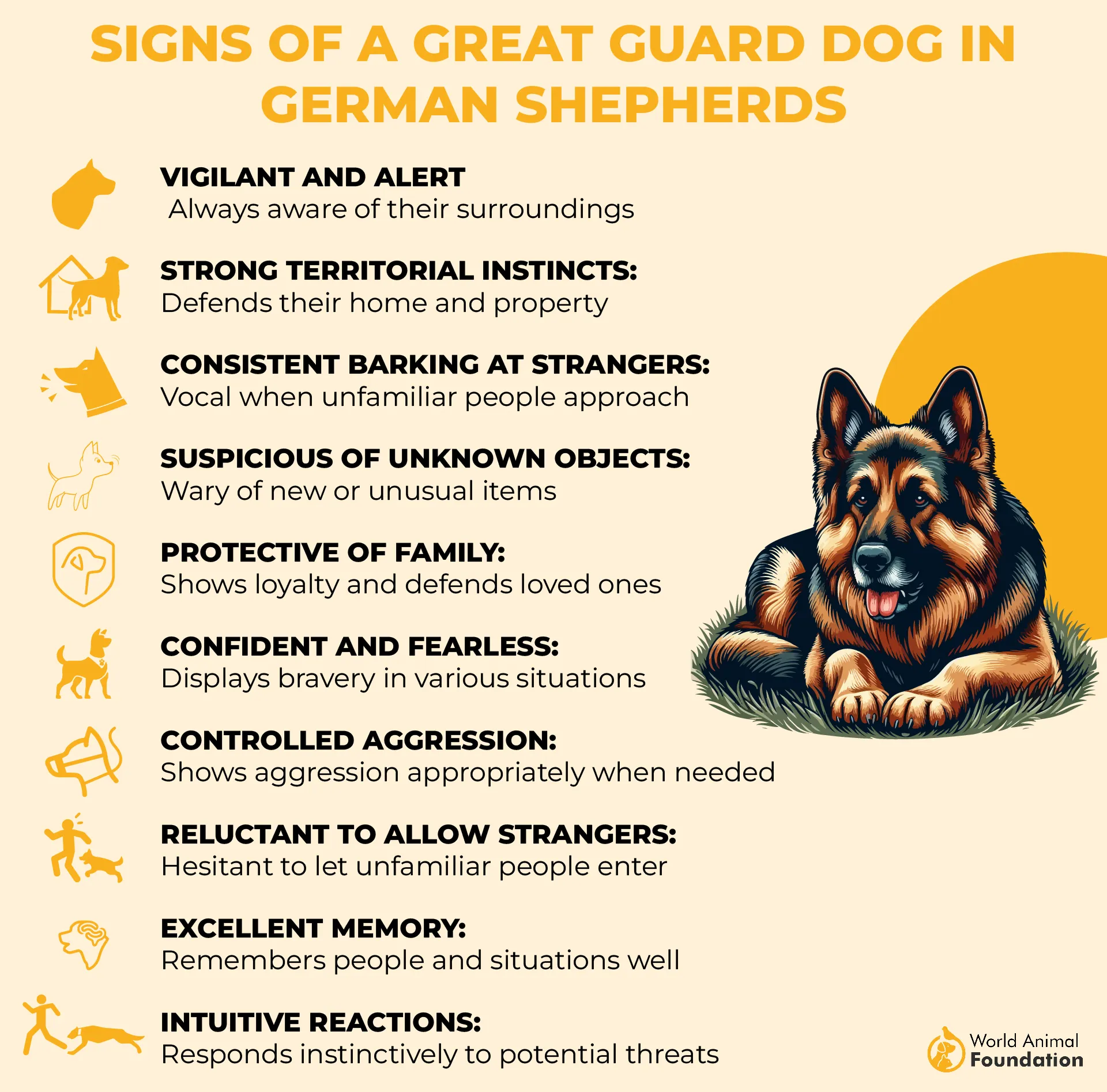Picture this: You’re relaxing in your house, maybe enjoying a quiet moment, when suddenly your dog bursts into loud barking.
The cause? The phone rings in another room.
At first, it might make you laugh, but for many owners, this little scene plays out every day—and it quickly turns into a frustrating problem behavior.
For our furry friends, that sharp ring isn’t just background noise. To them, it could mean a person is about to appear, something strange is happening, or that they need to grab your attention right away. Their world is guided by sounds, and they’re always ready to react.
Science shows us why. According to the American Kennel Club, dogs can detect pitches as high as 47,000–65,000 Hz—nearly three times greater. No wonder some dog breeds that bark when phones ring in other rooms seem to notice things long before we do.
Of course, constant barking can disturb family life and even stress the dog.
The good news? With patient teaching, the right tips, and a bit of consistency, you can help your pet stop barking and stay calm when the phone goes off. After all, a peaceful home makes for a happier dog—and a happier family too.
Let’s check nine such dog breeds and see how they behave when they hear a phone ringing in the next room.
Dog Breeds That Bark When Phones Ring in Other Rooms
1. Chihuahua

Ever wonder how such a tiny dog can make such a big noise?
Chihuahuas may be small in size, but when the phone rings in another room, their sharp little ears are the first to pick it up. Known for their alert nature, they often see themselves as protectors of the house, ready to bark when there is anything wrong.

For many owners, this loyalty is both charming and, at times, a little overwhelming when the barking doesn’t seem to stop. This breed is a great example of how dogs react to unexpected sounds. Their strong sense of attention means they’ll often treat a ring as a signal that a person is coming.

While this behavior is natural, it can easily become a problem behavior if not managed with teaching and positive training. Using rewards like a small treat or giving them a simple cue can help redirect their energy and keep things calm.
Fun Fact:
According to PetMD, despite their tiny legs, Chihuahuas are one of the longest-living dog breeds, with some living up to 14 to 16 years.
2. Miniature Schnauzer

Why does a Miniature Schnauzer act like the neighborhood’s little security guard?
These dogs were originally bred to be alert watchdogs, so it’s no surprise that when the phone rings in another room, they spring into action. With their keen sense of hearing and natural curiosity, a Schnauzer sees even the smallest sound as something worth investigating.

For many owners, that means extra barking whenever there’s a sudden noise at home. But this habit isn’t just about making noise—it’s about their protective instinct. Miniature Schnauzers have a deep desire to keep their family safe, and they’ll often raise their voice at anything they believe is unusual.
Consistent training and calm redirection can help balance their natural urge to bark, making life easier for both the dog and the household. Rewarding them with praise or a small treat when they stay quiet goes a long way in teaching better behavior.
3. Dachshund

Have you ever noticed how a Dachshund can turn the tiniest noise into a full announcement?
These little dogs were bred to track and hunt, which explains their sharp hearing and strong reactions to sudden sounds. When the phone rings in another room, a Dachshund often can’t resist sounding the alarm.

To them, that unexpected noise might signal something unusual, and their instinct is to alert their owners immediately. Their persistence makes them one of the most famously vocal dog breeds.
At the same time, their enthusiasm can become overwhelming if the barking goes unchecked. Because they are intelligent and quick to form habits, Dachshunds respond well to consistent guidance and training.
A firm but positive training routine—like rewarding calm behavior or giving them a simple command—can help reduce unnecessary barking while still letting their protective personality shine.
Over time, they begin to recognize that not every sound requires a reaction. For families, it’s about finding that balance between their instincts and a peaceful household.
Fun Fact
Britannica states that Dachshunds were once fearless hunters of badgers, and their name even means “badger dog” in German.
4. Beagle
What happens when a curious nose meets a curious sound? You get a Beagle on full alert.
Beagles are famous for their strong sense of smell, but their sharp ears are just as impressive. When the phone rings in another room, they often treat it as a mystery that needs solving.
Their natural hunting background makes them quick to react to any unusual noise, and their enthusiastic bark can carry through the whole house.
For many owners, this mix of curiosity and energy is part of what makes life with a Beagle both fun and challenging. Because Beagles are pack-oriented dogs, they dislike being left out of what’s happening. A ringing phone may feel like a signal that someone new is arriving or that their family needs warning.
This instinct explains why their behavior often includes persistent barking at unexpected sounds. Because they were bred for searching scents, it’s no surprise they’ll use their voice to announce anything they find unusual.
Thankfully, with consistent training and rewarding calm responses with treats or play, Beagles can learn to control their excitement while still keeping their lively spirit.
Fun Fact
Beagles have one of the best noses in the canine world—second only to the Bloodhound—and are often used in airports to detect food and agricultural items.
5. Yorkshire Terrier
How can such a tiny pup sound like it owns the whole neighborhood?
Yorkshire Terriers, often called Yorkies, may be small in size, but their bold personalities make them one of the most talkative dog breeds.
When the phone rings in another room, a Yorkie’s natural alertness kicks in instantly. They see themselves as protectors of their owners and will let out a sharp bark at even the smallest sound.
For a breed originally developed to chase rodents in textile mills, it’s no surprise that they’re quick to react to anything unusual around the house.
That feisty nature also makes them a little territorial, which explains their sharp responses to small sounds. At the same time, Yorkies thrive on attention and often bark simply to stay involved with their family.
If they feel left out when the ringing starts, they may use their voice as a way to connect. This behavior can become tiring, but consistent training and positive reinforcement—like offering treats when they stay calm—help channel their energy into more balanced behavior.
For many people, that fiery mix of loyalty and sound makes Yorkies unforgettable companions.
6. Pomeranian
Who knew a ball of fluff could double as a tiny alarm system?
Pomeranians are famous for their lively personalities and sharp awareness of their surroundings. When the phone rings in another room, their instinct is to respond quickly, often with a burst of barking that feels far louder than their small size suggests.
These little companions love to keep track of what’s happening in the house, and their vocal nature comes from a strong drive to protect and alert their owners whenever something unusual catches their attention.
They may also resist staying quiet if they think their warning hasn’t been heard. This tendency isn’t just about noise—it’s part of their bold character.
Pomeranians thrive on interaction and dislike feeling left out, which makes them quick to join in whenever a sound breaks the silence. With steady training and positive reinforcement, such as small treats, they can learn to stay calm while still maintaining their confident, cheerful personality.
Their loyalty makes them both amusing and, at times, a little challenging for families trying to keep the barking under control. Of course, that persistence can be helpful if you want a watchdog who never misses a sound.
Fun Fact
Pomeranians were once much larger sled-pulling dogs before being bred down to their toy size, a transformation that made them one of the most popular companion breeds today.
7. West Highland White Terrier
Why does a Westie think every sound is its business to announce?
The West Highland White Terrier, better known as the Westie, is small but full of courage. When the phone rings in another room, their sharp instincts push them to respond right away.
Originally bred to hunt small animals, they’re quick to pick up unusual sounds and use their bark as a way of keeping the house alert.
For many owners, this protective streak is both charming and, at times, a little noisy. Westies also thrive on being part of the action. If a person in the family seems busy and distracted by the ringing phone, a Westie might use barking as their way to stay connected.
Consistency, gentle redirection, and rewarding calm behavior with treats can help manage this tendency without dulling their lively spirit. Their bold character and affectionate nature make them both entertaining and loyal companions.
Fun Fact
Despite their snowy white coats, Westies were once rugged working dogs in Scotland, originally bred to hunt foxes and protect farms.
8. German Shepherd
What happens when one of the world’s best guardians hears a phone ring? They take it seriously.
German Shepherds are famous for their loyalty and instinct to protect. When a sudden sound like a phone ringing in another room breaks the quiet, they often react immediately with a sharp bark.
To them, that noise might signal a stranger, a potential threat, or simply something their family should know about.
This alertness is what makes them outstanding watchdogs, but it can also mean extra barking in the house when unexpected signals pop up. Because they are intelligent and deeply connected to their owners, German Shepherds often respond to a clear command to calm down once the situation feels safe and secure.

Their strong personalities mean that without proper boundaries, they may show signs of aggression or overreact to everyday sounds. Still, with consistent guidance and reassurance, their behavior can be shaped into one of balance—protective without being overwhelming.
Owners are often told that German Shepherds make excellent guardians because they provide such a strong sense of safety. Many neighbors even feel more secure knowing a German Shepherd is keeping watch nearby.
Fun Fact
German Shepherds are among the top choices worldwide for police and military work thanks to their intelligence, obedience, and incredible sense of duty.
9. Siberian Husky
Ever heard a Husky “talk back” when a phone rings?
It’s like having a wolfish roommate with a lot of opinions.
Siberian Huskies are not just known for their speed and endurance—they’re also famous for being incredibly vocal. When the phone rings in another room, a Husky might respond with a sharp bark or even a long howl that echoes through the house.
Their expressive voices often surprise neighbors, especially since they sound more like they’re holding a conversation than giving a warning. It almost feels like they’re using actual words to ‘talk’ back to their owners.
For many owners, this dramatic reaction adds a mix of comedy and chaos to daily life. Huskies are also energetic dogs who dislike boredom.
If the family is busy and the ringing sound gets ignored, a Husky may add their own noisy “reminder.” They’ll often continue until somebody pays attention, proving how determined they can be. Keeping them engaged with play, toys, or a good walk helps reduce their urge to overreact to sudden sounds.
Their lively behavior might be loud, but it’s usually rooted in their desire to be part of the pack and share in every moment of household life.
Fun Fact
The Chukchi people of Siberia originally bred Siberian Huskies to pull sleds across vast, icy landscapes, and their teamwork-driven spirit is still evident in how closely they bond with humans.
Conclusion
Living with dogs that can’t resist barking when the phone rings in another room can feel overwhelming, but it doesn’t have to stay that way.
Every breed—from the tiny Chihuahua to the powerful German Shepherd—reacts differently to sounds, and that’s part of their charm. What matters is how owners guide these behaviors so they don’t turn into a lasting problem.
Whether it’s using patience, short cues, or a treat when your pup shows calmness, you can shape responses into something manageable. The goal isn’t to silence them completely, but to help them feel secure and avoid unnecessary noise every time a call comes through.
With consistent care and a little creativity, you’ll find that even the most excited barker can learn to relax, leaving both the household and the neighbors a lot happier.


